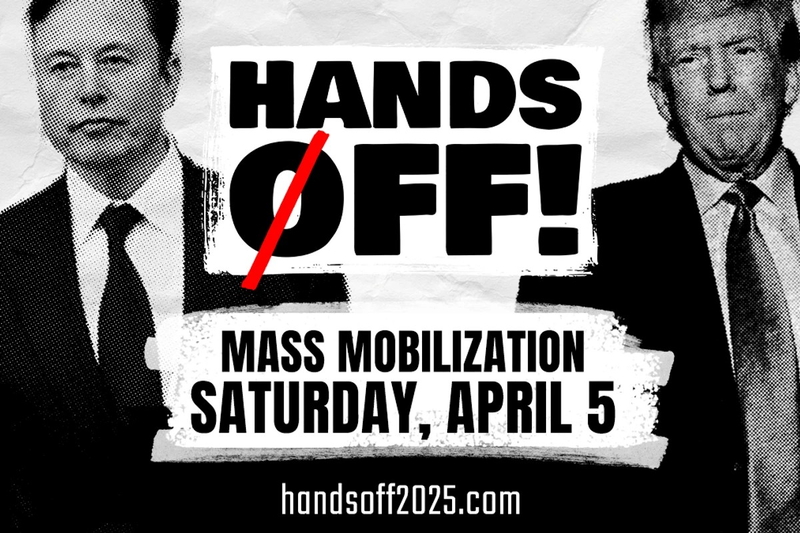Trump’s Impulsive Tariff Strategy Fuels ‘De-Americanization’: Structural Trust Erodes as Capital and Talent Flee
Input
Modified
Reciprocal Tariffs and Temporary Waivers: Eroding Logic, Deepening Distrust Money moves accelerate as U.S. stocks, bonds, and dollar assets slump Wealthy Americans turn to Switzerland while students and scholars shift to Europe and Canada

President Donald Trump’s tariff policy—justified as a means to restore U.S. manufacturing jobs—is increasingly seen as impulsive and lacking strategic direction, leading to a loss of market confidence. This erosion of trust is fueling a broader trend of de-Americanization, with stocks, bonds, and the dollar all declining simultaneously as capital flows out of the country. Compounding the issue, the U.S. is witnessing a brain drain of top scientific talent, particularly from its once-dominant tech sector. Even tourism to the United States has sharply declined, reaching its lowest levels since the COVID-19 pandemic.
Stocks, bonds, and the dollar tumble as erratic trade policy undermines investor confidence
WASHINGTON, D.C., April 20 (Local Time) — The Wall Street Journal warned on Saturday that the simultaneous decline of U.S. stocks, bonds, and the dollar reflects a “structural erosion of trust” in the American economy, driven by President Trump’s inconsistent tariff policy and temporary waiver announcements. The paper cautioned that a loss of market confidence could prove politically devastating.
MIT economist and Nobel laureate Simon Johnson wrote in The New York Times that what worries investors most is “the illogical and arbitrary nature” of the current tariff system. “It appears the policymakers themselves neither understand what they’re doing nor care to,” he said.
The Trump administration’s tariff inconsistencies have drawn fire for lacking coherence. While Chinese-made toys are taxed at 145%, critical goods like steel, aluminum, and automobiles face only 25%. Even trade-surplus nations are slapped with 10% tariffs — a contradiction that Mark Blyth, political economist at Brown University, says has left the world believing the U.S. has “lost its compass.” The New York Times also reported that abrupt reversals in tariff announcements have deeply shaken overseas business trust in the U.S.
Capital Flight Accelerates Amid Erosion of U.S. Rule of Law
Market patience is running out. Last week, capital began to exit the United States. The S&P 500 fell nearly 6% in two days earlier this month, erasing $6.6 trillion in market capitalization. The dollar plummeted in value, and the 10-year Treasury yield spiked from 4% to 4.5% — the steepest rise in 25 years. “U.S. Treasurys used to be immune to headlines — now they’re trading like risk assets,” Blyth remarked.
Small businesses have been hit especially hard by tariffs. Stephen Lamar, CEO of the American Apparel & Footwear Association (AAFA), said the 145% China tariff has caused unprecedented supply chain disruptions, leading to canceled orders. According to CNBC, growing volumes of unpaid-for cargo are piling up at ports and airports, some exceeding the 30-day limit before being deemed abandoned under New York port authority regulations.
A new trend has emerged among wealthy Americans: moving capital to Switzerland. CNBC reports a sharp uptick in account inquiries at Swiss banks. Motivations include dollar weakness, tariff unpredictability, and concerns over the federal deficit. Swiss wealth advisor Pierre Gabris noted, “The wave is coming — tariffs are making the waves.” Many Americans, he added, are also seeking second residencies or dual citizenship in Europe.
Switzerland’s political neutrality, stable economy, strong currency, and dependable legal system are drawing U.S. investors disillusioned with their country’s waning rule of law. CNBC linked the movement directly to fears that American legal institutions are eroding under the Trump administration.
Visa Revocations Undermining U.S. Higher Education
Meanwhile, the U.S. is facing mounting backlash for its revocation of international student visas. According to NAFSA, over 500 foreign students have recently had their visas canceled in what is described as the most sweeping immigration enforcement campaign in U.S. history. CEO Fanta Aw warned that a “tsunami of lawsuits” is expected to follow.
Inside Higher Ed reports that more than 80 universities — including elite institutions like Harvard, Stanford, and Columbia — have seen a surge in visa cancellations. Even minor infractions, such as traffic violations, have been cited as justification. Secretary of State Marco Rubio previously admitted to canceling at least 300 student visas over pro-Palestinian campus protests.
The American Council on Education estimates that the country’s 1 million international students contribute $43.8 billion annually to the U.S. economy. “The State and Homeland Security departments must reconsider the broader impact of these visa cancellations,” the group urged.
The U.S. is not only losing foreign talent but witnessing an exodus of its own. Research funding cuts and political polarization are driving top academics to Europe and Canada. Applications from Americans to institutions like Central European University (Austria) and the University of Toronto have risen sharply.
China, for its part, has welcomed the shift, noting that fewer Chinese scientists and students are choosing to stay in the U.S. as Washington’s stance grows more hostile. In short, Trump’s tariff volatility and broader economic strategy appear to be catalyzing a dual crisis — capital flight and brain drain — that threatens the long-term competitiveness of the American economy.





















